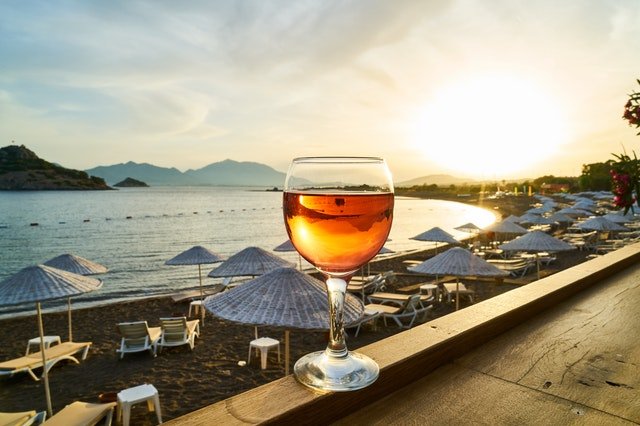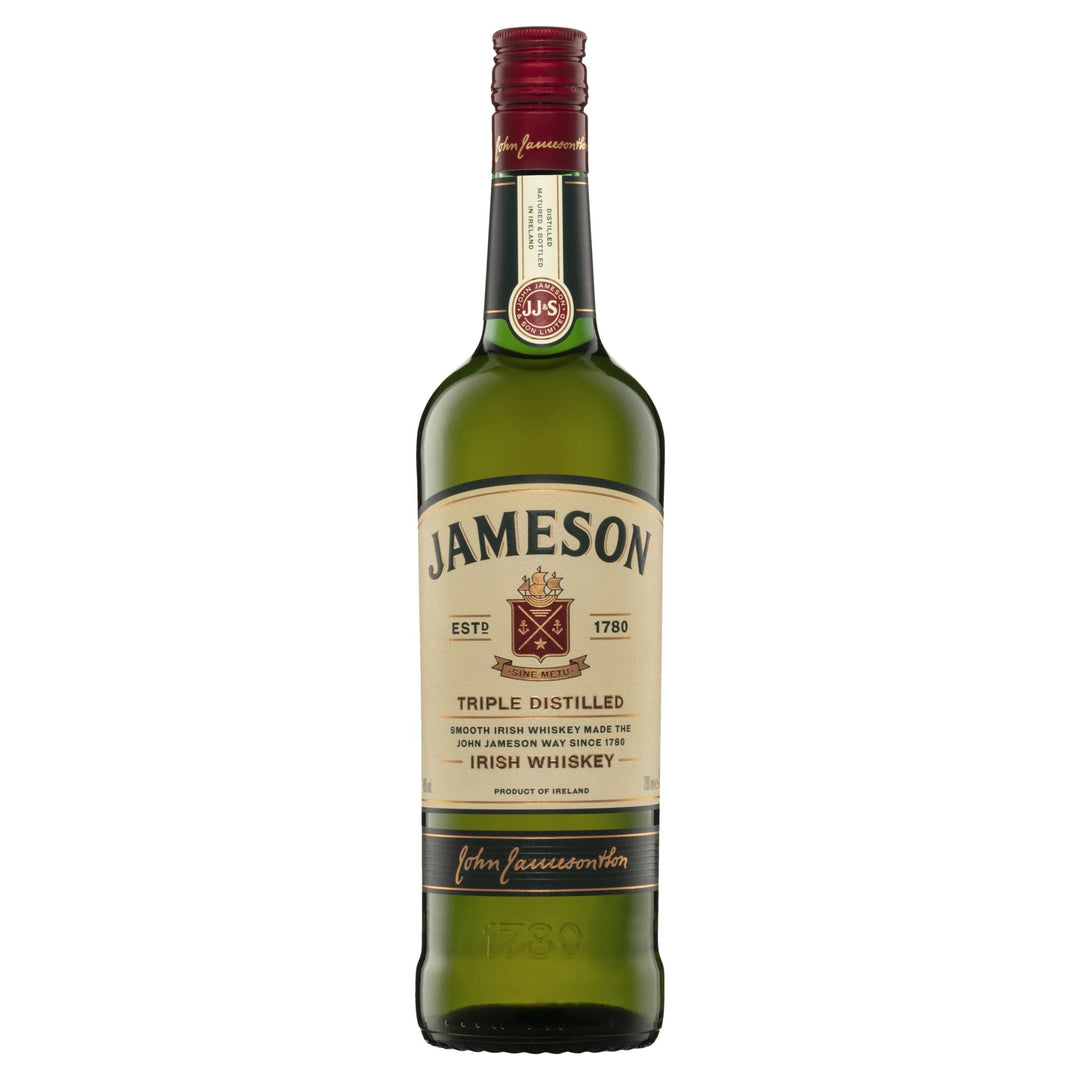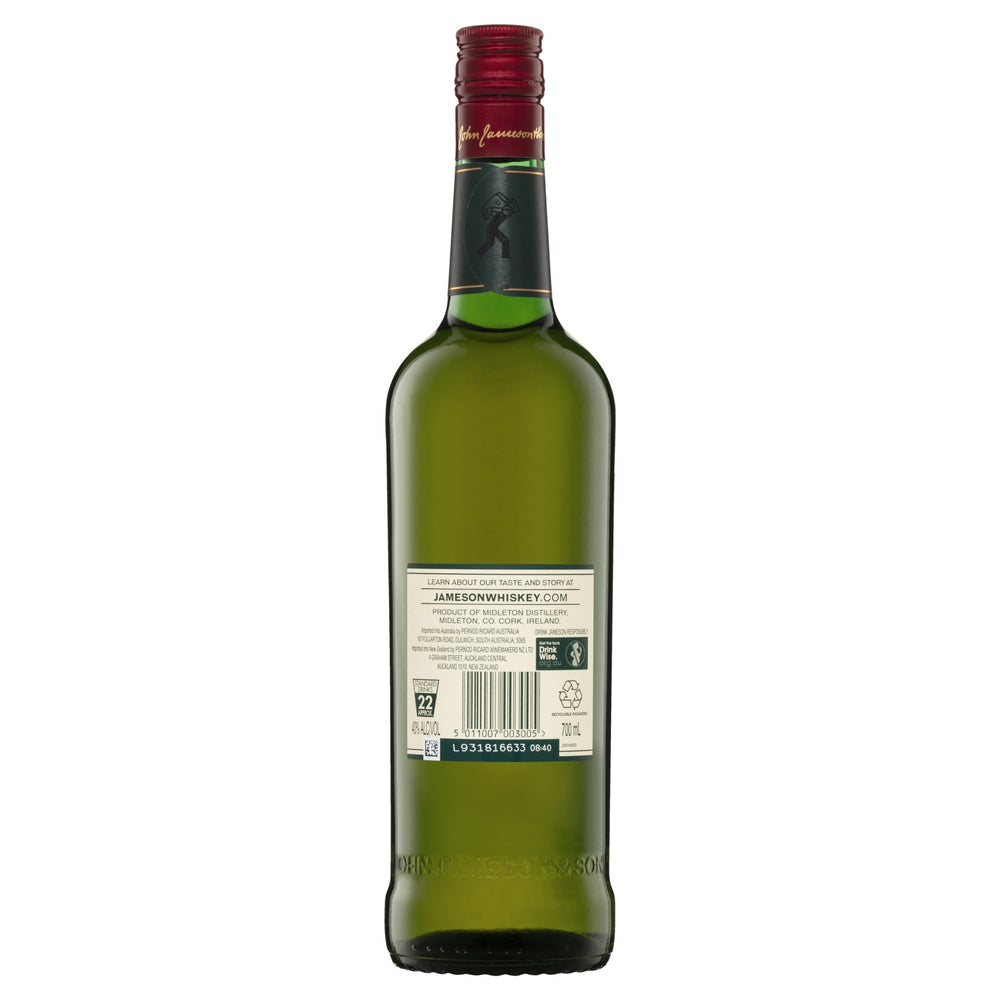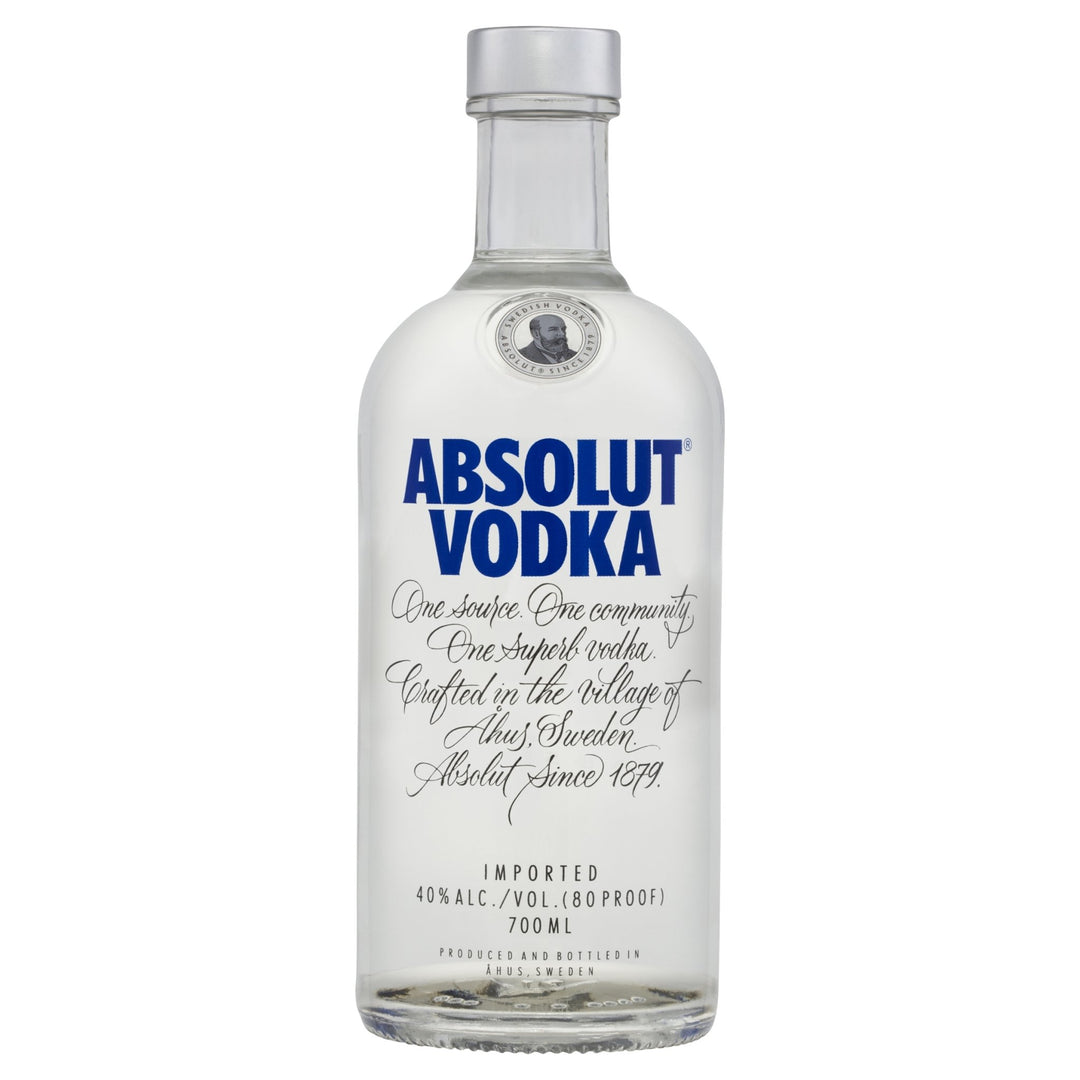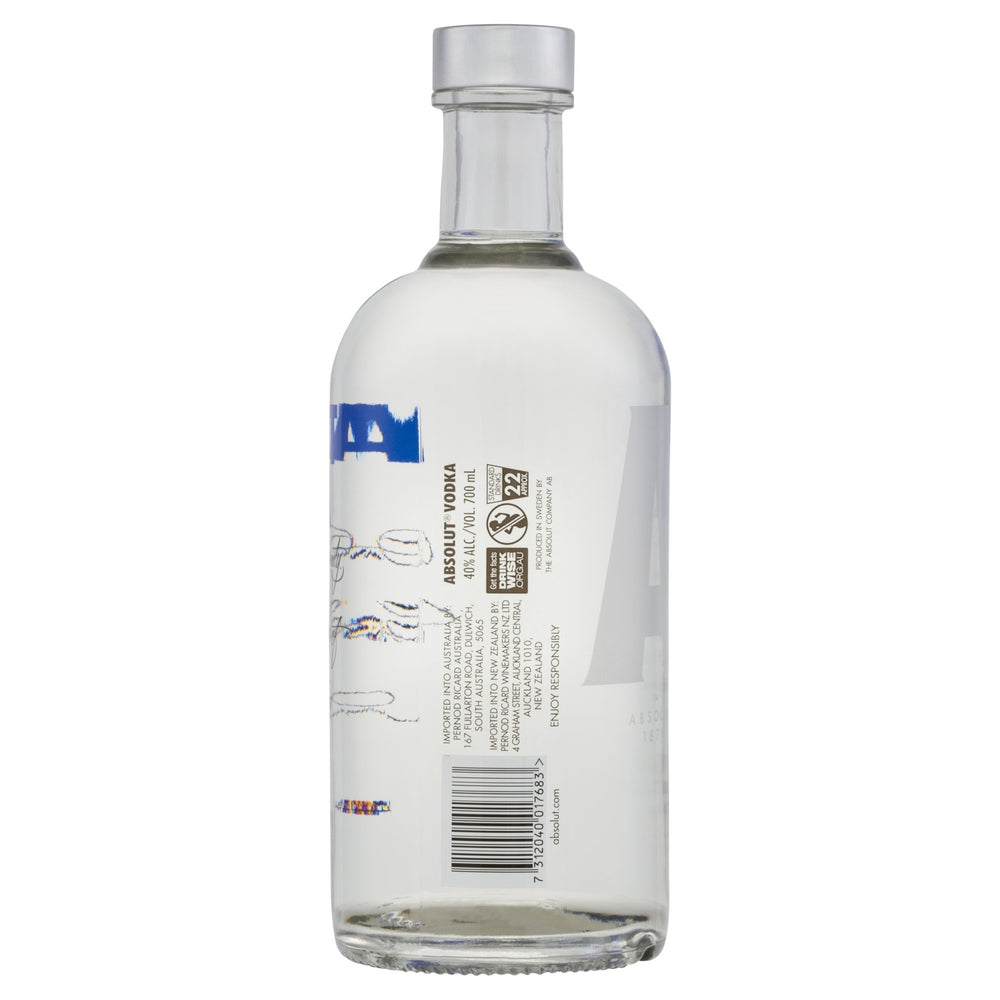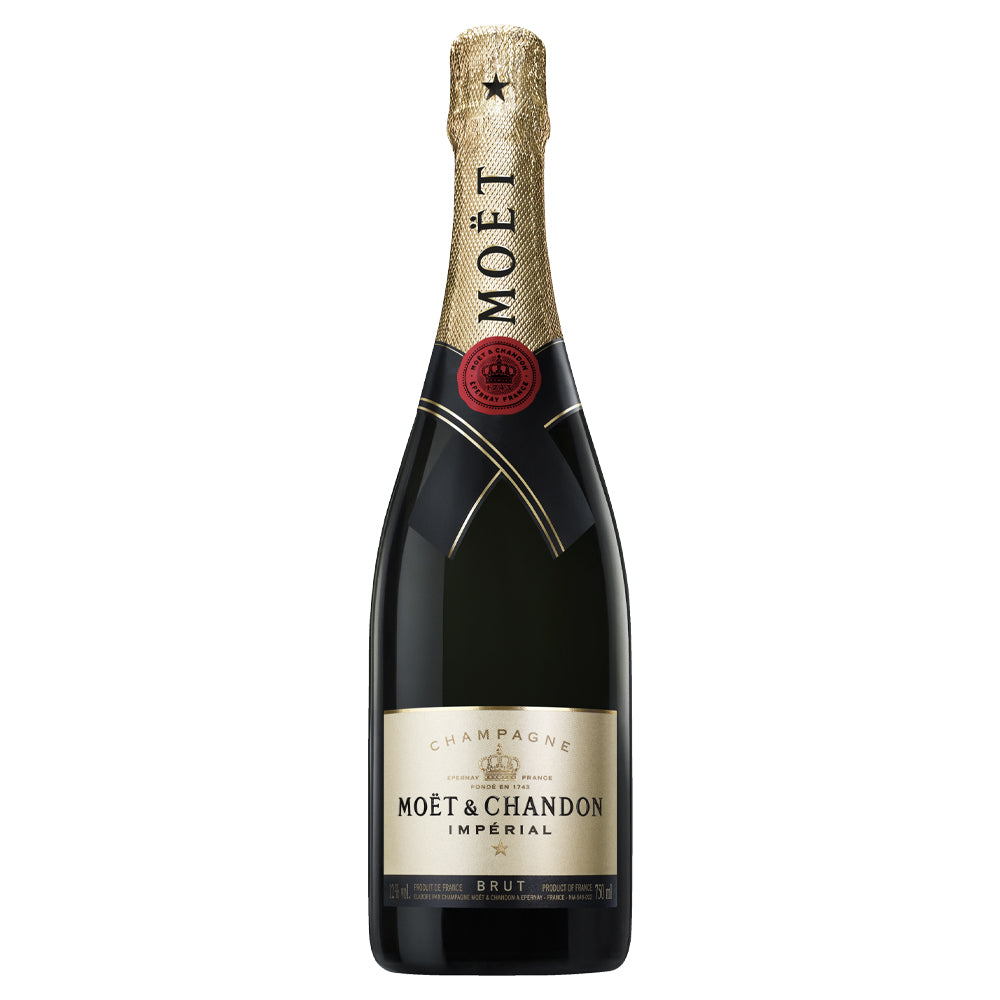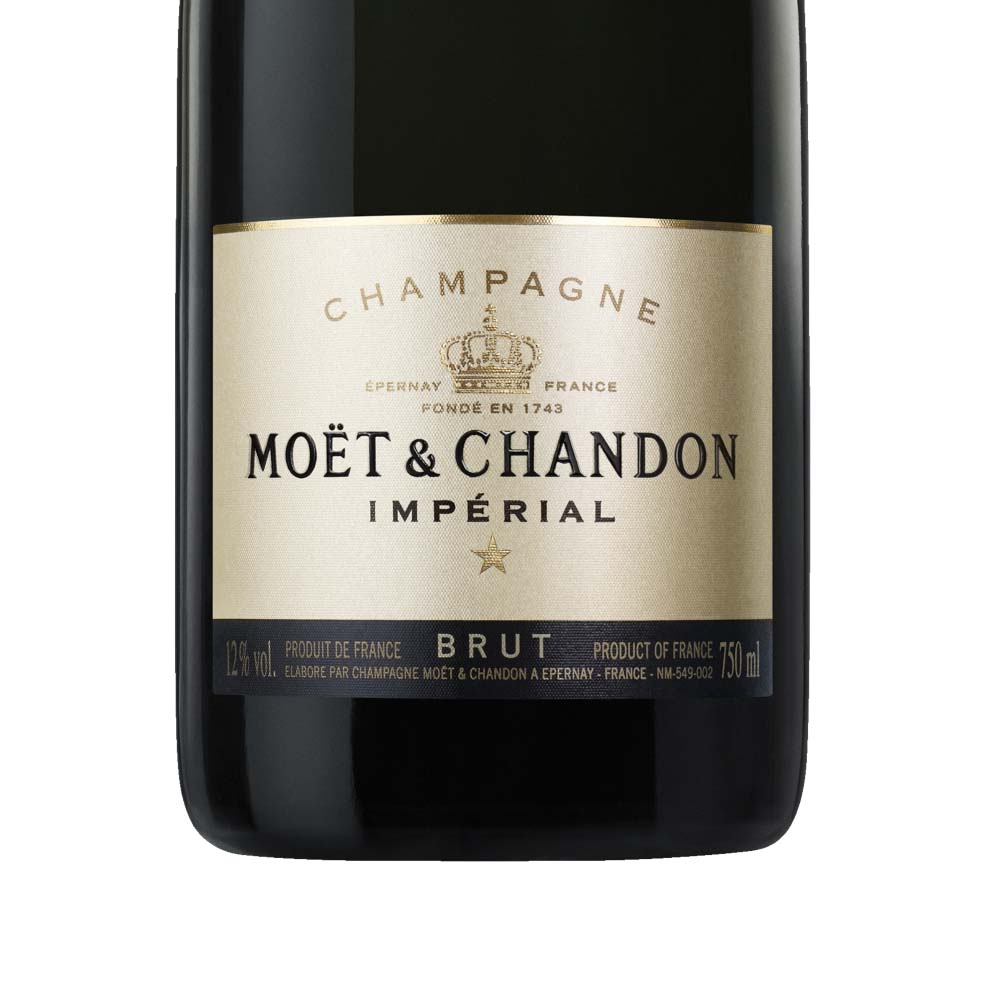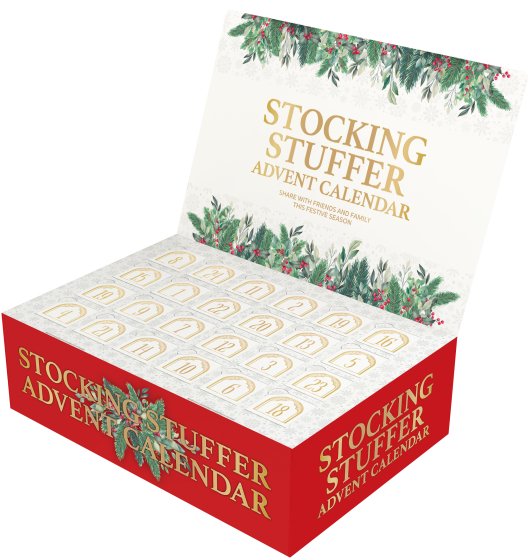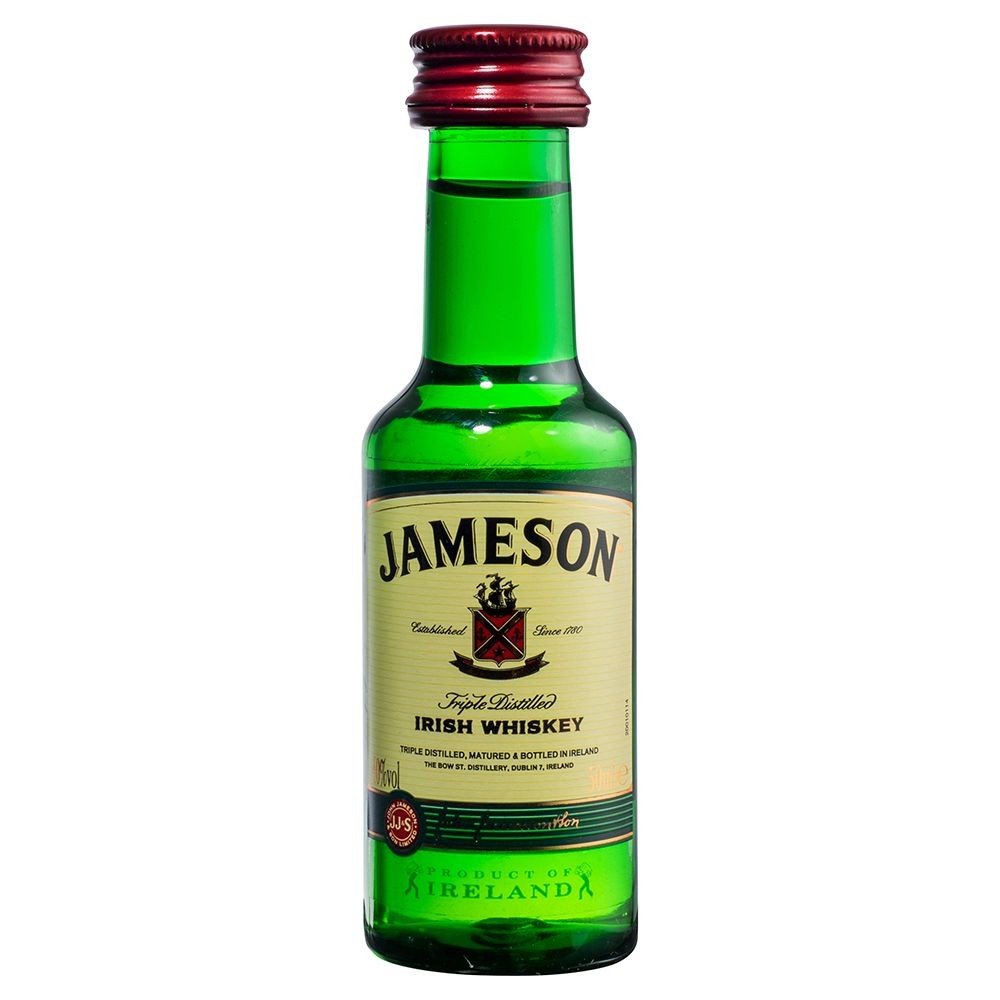Orange wine is currently in a renaissance period taking the world by storm.
When I first heard of orange wine the questions I had were many and the answers I could find were few. Now a couple of years down the track I have quickly become a novice expert when it comes to the world of orange wines and am here to share with you what orange wine is and why it is so great.

Perfect as a transitional glass between white and red at a dinner party or amazing on a summer afternoon when you want a little more savoury funk than a rosé. Orange wines are on the up and quickly cementing themselves as the 4th mainstream variation in the world of wine.

1. Why is orange wine called orange wine?
Often also referred to as skin-contact wine or amber wine, it is produced all around the world and most importantly, it is definitely not crafted from oranges! The name orange wine comes from the colour of the wine that is golden amber in hue hence the name orange wine was born.
2. How is orange wine made?
Basically orange wine is white wine grapes vinified using red wine techniques. Meaning white wine grapes are used but fermented with their skin on like a red wine. This is where the name skin contact wines comes from. What this creates is a golden-hued wine that takes on a more tannic red wine quality from the skins and pips.

3. What does orange wine taste like?
On the palate orange wines are usually big, dry and full of tannins like a red wine. They also commonly have a sourness similar to a sour ale or fruit beer. Generally, orange wines are described as full bodied with a great depth of flavour like red wine but also crisp and refreshing like that of white wines.
You will also find that the natural qualities of the wine leaves some sediment in the bottle. This is generally the legnin (which are good for you) from the grape seeds and is actually what gives orange wines their deep colour.

4. Is orange wine like rosé?
Whilst both orange wines and rosé wines are made from freshly pressed grapes that have been allowed to soak in the juice with the skins on for a specific amount of time that is as far as the similarities go.
Rosé is made with red wine grapes and a brief skin contact. This creates a lovely bit of red grape skin colour, flavour and aroma but still maintains the crisp refreshing qualities of a white wine.
Orange wine is made with white wine grapes and a longer skin contact time. The longer skin contact time creates a white wine that is more savoury with tannins.

5. What does orange wine pair with?
Orange wine has a lot of options when is comes to food pairings. This is due to the savouriness and guts that allows orange wine to stand up to a lot of traditionally "red wine" food.
It is also great transitional wine between white wine and red wine during a dinner party. I Personally love orange wine with a roast lamb dish, roasted veggies or a charcuterie board with rich cheeses.

6. Where does orange wine come from?
Originally orange wine dates back thousands of years to regions in Georgia in Eastern Europe. It is the oldest recorded wine making process in the world and dates back some 8000 years.
More recently however a renaissance has occurred over the last 20 years especially in Italy with many winemakers returning to these original practices. Now orange wines are being practiced on a global scale with new wines popping up across the world.
7. How do you serve orange wine?
Orange wine should be served at a similar temperature to most white wines or can be slightly warmer depending on your preference. You can also decant your orange wine for a few minutes, especially if the wine is on the younger side. Orange wines can also age a few years if cellared properly.

Bonus Question. How much is orange wine?
Orange wines are generally made in small batches on an independent scale so the price point is generally a little bit higher than that your store bought Sauvignon Blanc.

Ready to begin your journey into the world of orange wine? Start on the right foot and check out our newly stocked Whistler 'Back to Basics' 2021 skin contact white from the Barossa Valley.




